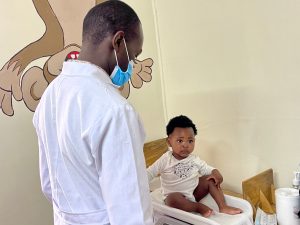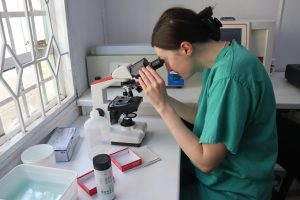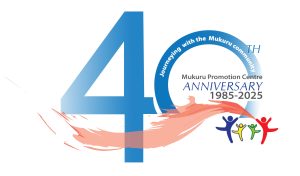MPC Clinic was established in 1991 to provide medical care to hundreds of children and adults from the slums.
As in most developing countries, Kenya faces a big challenge regarding providing affordable health care. Quality healthcare services are basically only available in private hospitals, and these facilities are beyond the reach of the hundreds of thousands of people living in the Mukuru slums. Government facilities within these areas are ill-equipped to handle serious ailments as they lack personnel, equipment and medications. The Mukuru Community, therefore, relies on unregistered pharmacies and unqualified medics for many of their healthcare needs. The only alternatives are a few faith-based and donor-sponsored healthcare facilities within the catchment areas.
The MPC Clinic provides quality health services to people from the Mukuru slums. Diseases such as typhoid, cholera and diarrhea are high in number because of a lack of infrastructure for clean water, uncollected household rubbish, and sanitation facilities to dispose of human waste. Opened Monday to Thursday from 8.00am – 5.00pm and on Fridays 8.00am – 4.00pm. The services range from consultations, vaccinations, minor surgeries, maternal and child health care, cervical cancer screening, deworming programs and nutritional support.
The Clinic’s outreach program is called Home Based Health Care (HBHC). It targets those patients who are bedridden, the terminally ill and those who are unable to visit the Clinic. This is facilitated by the nurse and assisted by about 60 Voluntary Community Health Workers. The Clinic also has the Voluntary Counselling and Testing (VCT) for HIV/AIDS, a Malnutrition program which is linked to Maternal and Child health care and a Tuberculosis (TB) treatment centre.
On average the Clinic treats around 1,400 patients per month. The most common diseases treated are: Respiratory, Gastroenteritis, Hypertension, Diabetes, Skin Infections und Urinary Tract Infections.
The laboratory conducts around 750 tests per month such as Stool for Ova and Cyst, Full Haemogram, Urinalysis, Malaria and Helicobacter Pylori being the most common one.


